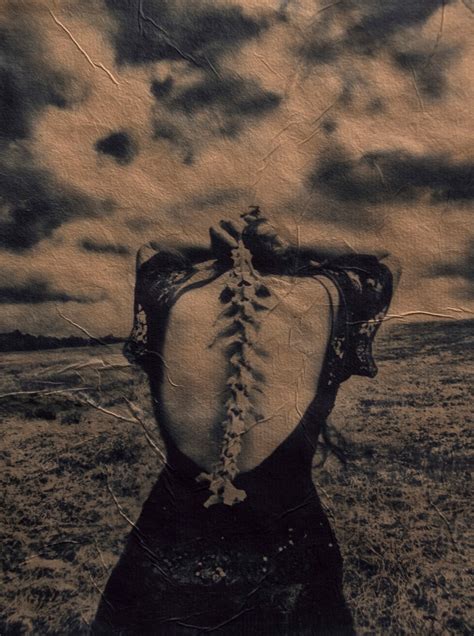A Quote by Marc Rosen
I like stepping into the future. Therefore, I look for doorknobs.
Related Quotes
The human experience can almost be summed up in the observation that, whereas all decisions are of the past, all decisions are about the future. The image of the future, therefore, is the key to all choice-oriented behavior. The character and quality of the images of the future which prevail in a society is therefore the most important clue to its overall dynamics.
Grandma Mazur stood two feet back from my mother. "I gotta get me a pair if those," she said, eyeballing my shorts. "I've still got pretty good legs, you know." She raised her skirt and looked down at her knees. "What do you think? You think I'd look good in them biker things?" Grandma Mazur had knees like doorknobs.




































